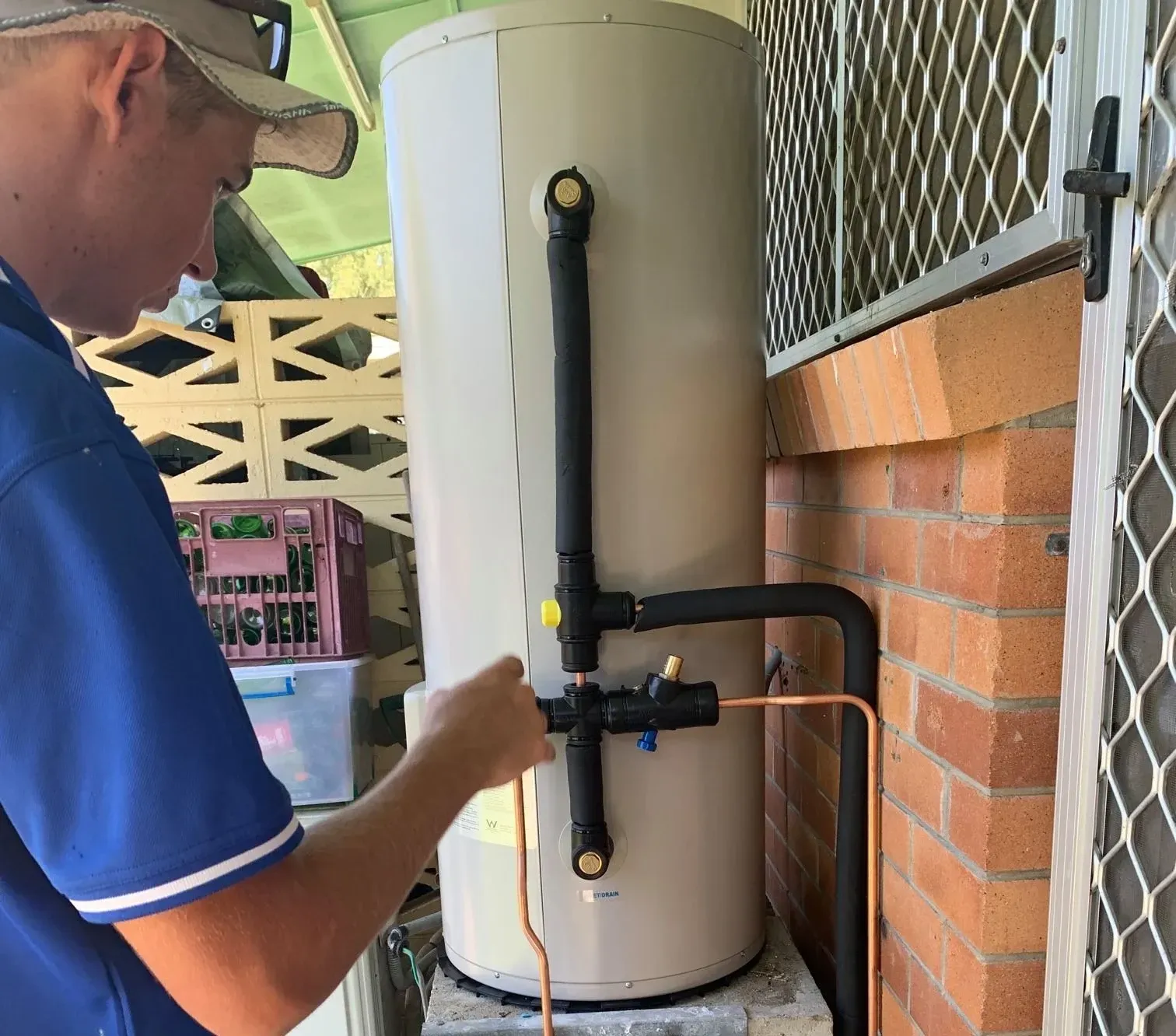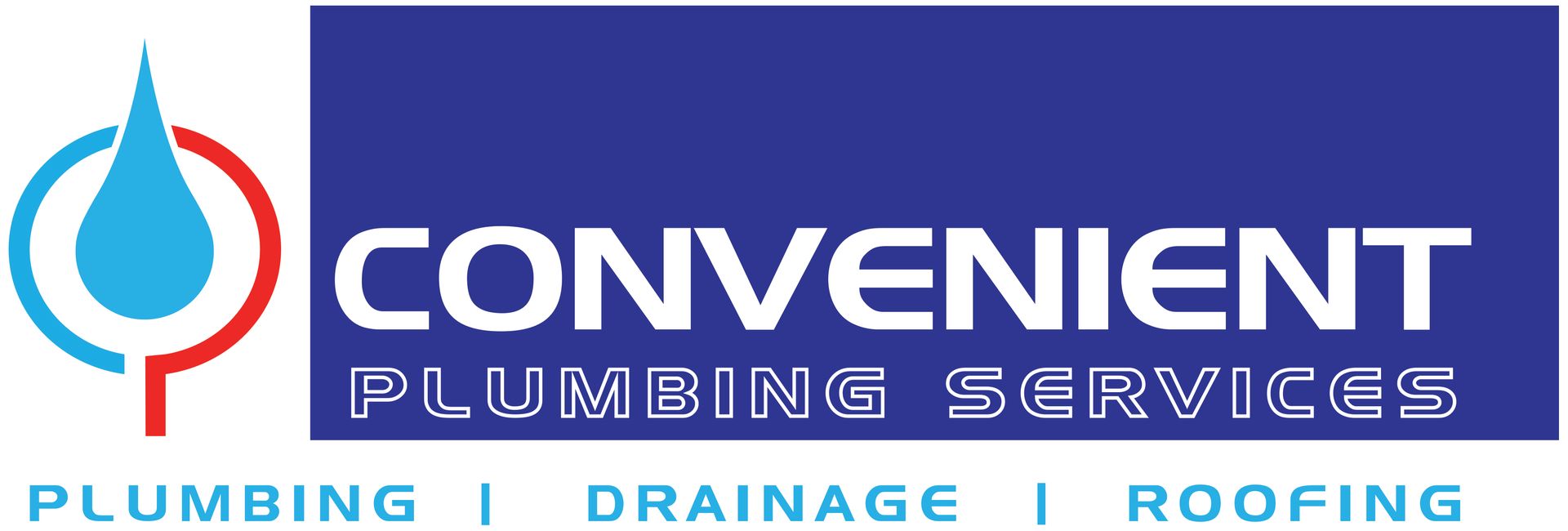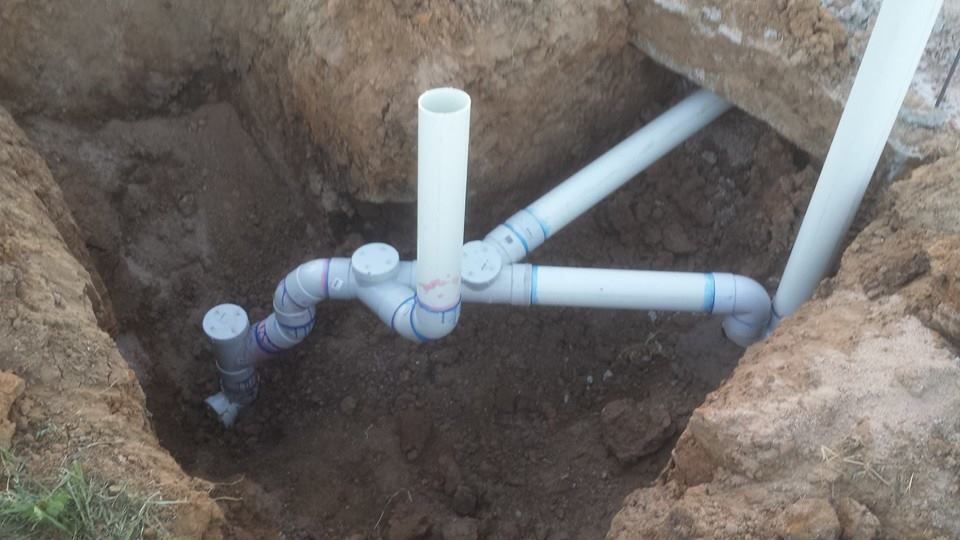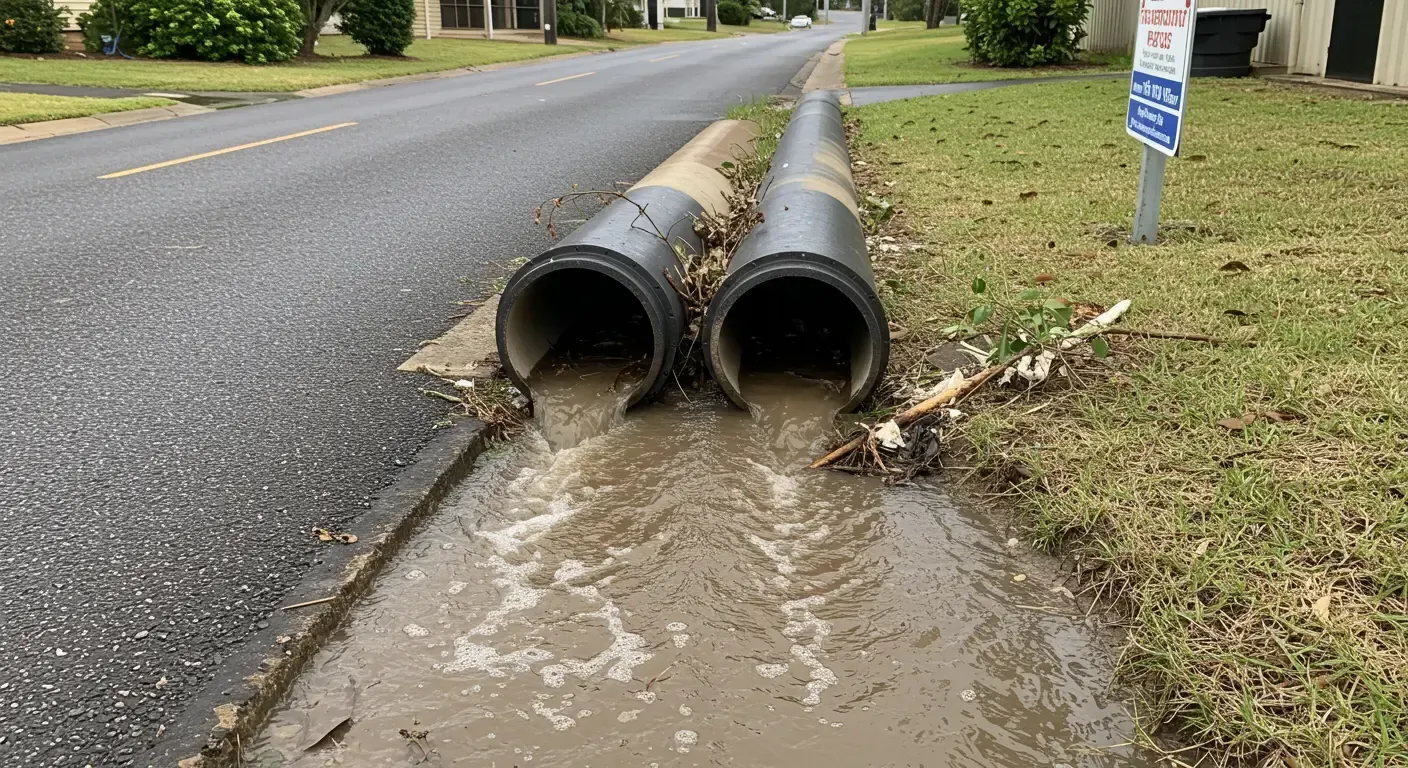Why Heat Pump Hot Water Systems Are Gaining Popularity
When it comes to choosing a hot water system for your home, the heat pump hot water system is a standout option that offers numerous benefits. Known for its energy efficiency, cost-effectiveness, and eco-friendliness, a heat pump hot water system is an ideal choice for homeowners who want to reduce their energy bills while minimising their environmental footprint.
In this blog, we’ll explore the key benefits of installing heat pump
hot water systems at home. From lowering energy consumption to enhancing sustainability, these systems are an excellent investment for homeowners looking to make smarter, greener choices. We’ll also explain how they work, the savings they bring, and why they’re considered one of the most efficient water heating solutions on the market.
How Does a Heat Pump Hot Water System Work?
Before we dive into the benefits, let’s quickly cover how a heat pump hot water system works. Unlike traditional electric or gas water heaters, which generate heat directly, a heat pump uses ambient air to heat water.
Here’s how it works:
- Air-to-water heat exchange: The heat pump extracts heat from the air outside your home (even in cold weather) and transfers it to the water in the storage tank.
- Energy-efficient: Heat pumps require a small amount of electricity to run a compressor, making them much more energy-efficient compared to electric resistance heaters.
Now, let’s dive into why this technology is such a smart choice for homeowners.
1. Significant Energy Savings
One of the primary reasons homeowners are choosing heat pump hot water systems is the substantial energy savings they offer.
- Energy Efficiency: Heat pumps are significantly more energy-efficient than traditional electric water heaters. They use up to three times less electricity to heat the same amount of water, which can lead to massive savings on your energy bills.
- Reduced Carbon Footprint: By using ambient air instead of direct electricity or gas for heating, heat pumps are a greener solution. Reducing electricity consumption not only saves you money but also contributes to lowering your household’s carbon footprint.
- Long-Term Savings: While the initial installation cost of a heat pump system may be higher, the energy savings over time can easily offset this investment. In many cases, homeowners can recover the cost in just a few years due to lower utility bills.
2. Eco-Friendly and Sustainable Solution
In today’s world, eco-conscious homeowners are increasingly looking for ways to make their homes more sustainable. Heat pump water heaters are a green technology that helps reduce environmental impact.
- Uses Renewable Energy: Heat pumps use renewable ambient air to generate heat, making them far more eco-friendly than traditional water heaters that burn fossil fuels or use high amounts of electricity.
- Reduced Greenhouse Gas Emissions:
By reducing the need for electricity from non-renewable sources, heat pumps help cut greenhouse gas emissions, making them an ideal choice for environmentally-conscious consumers.
- Environmentally Safe Refrigerant: Modern heat pump systems use low global warming potential refrigerants, further reducing their environmental impact.
3. Consistent Hot Water Supply
Unlike some other systems, heat pump hot water systems offer consistent and reliable hot water. This is particularly beneficial for larger households or those with high hot water demands.
- Large Storage Capacity:
Heat pumps typically come with larger storage tanks that can provide hot water to multiple bathrooms or kitchens without running out.
- Endless Supply:
As long as your heat pump is properly maintained, it can continuously heat water efficiently, ensuring you’ll never run out of hot water during peak usage hours.
- Ideal for Diverse Needs: Whether you need hot water for a shower, washing dishes, or laundry, heat pumps can cater to your diverse needs and keep up with high-demand schedules.
4. Low Maintenance Requirements
Another key advantage of heat pump hot water systems is their low maintenance requirements. These systems are designed to be durable, and with proper care, they can last for many years.
- Long Lifespan:
Heat pumps generally have a longer lifespan compared to traditional electric or gas water heaters. With proper maintenance, many heat pump systems can last 15-20 years or more.
- Minimal Maintenance:
These systems require minimal maintenance. Regular servicing, such as cleaning the filter and checking the refrigerant levels, is typically all that’s needed to keep your system running smoothly.
- Reliable Performance: Heat pumps are known for their reliability. The technology is advanced, and the system works consistently well, providing hot water with fewer chances of malfunction.
5. Easy Installation
Heat pump water heaters are easy to install, especially in homes that already have electricity or solar panels. They can be fitted in most homes with minimal disruption.
- Minimal Disruption:
Installation of a heat pump system is relatively simple and usually doesn’t require major alterations to existing plumbing or electrical systems.
- Compatibility with Solar Panels:
Heat pump water heaters are often compatible with solar panel systems, further increasing their energy savings potential. If your home already has solar panels, integrating the heat pump system can reduce operating costs even more.
- Space-Efficient: Many heat pump systems are compact and can be installed in a variety of locations, including outside, in basements, or utility rooms, making them space-efficient.
6. Incentives and Rebates
In many regions, governments and utility companies offer rebates or incentives for installing energy-efficient appliances, including heat pump hot water systems.
- Government Incentives:
Take advantage of local rebates or tax incentives designed to encourage the installation of energy-efficient technologies. These financial incentives can help reduce the initial investment cost, making heat pump systems even more affordable.
- Rebates for Eco-Friendly Systems: As heat pumps are environmentally friendly, some regions provide additional financial support or rebates to homeowners who choose these systems.

How to Choose the Right Heat Pump Hot Water System
When selecting a heat pump hot water system for your home, consider the following factors:
✔ Size of the System: Ensure the system is the right size for your household’s needs. Larger homes may need larger capacity systems.
✔ Climate: While heat pumps work in most climates, they are especially efficient in moderate to warm climates. For colder areas, look for models designed to work in low temperatures.
✔ Brand and Warranty: Choose a reputable brand with a solid track record. Additionally, check the warranty details for long-term peace of mind.
✔ Installation Considerations: Consult with a professional installer to ensure the system is compatible with your home’s layout and energy setup.
Conclusion: Invest in Efficiency, Comfort and Sustainability
A heat pump hot water system is a smart investment for homeowners looking to lower energy bills, reduce environmental impact, and enjoy a reliable hot water supply. With its energy-efficient operation, eco-friendly benefits, and minimal maintenance requirements, it’s no wonder that heat pumps are becoming the go-to choice for modern homes.
By choosing a heat pump system, you’re not just enhancing your home’s comfort but also contributing to a more sustainable future. If you’re considering upgrading your hot water system, now is the time to make the switch to a heat pump water heater.
For more information or to schedule an installation, contact Convenient Plumbing today, and let us help you find the perfect heat pump hot water system for your home!



